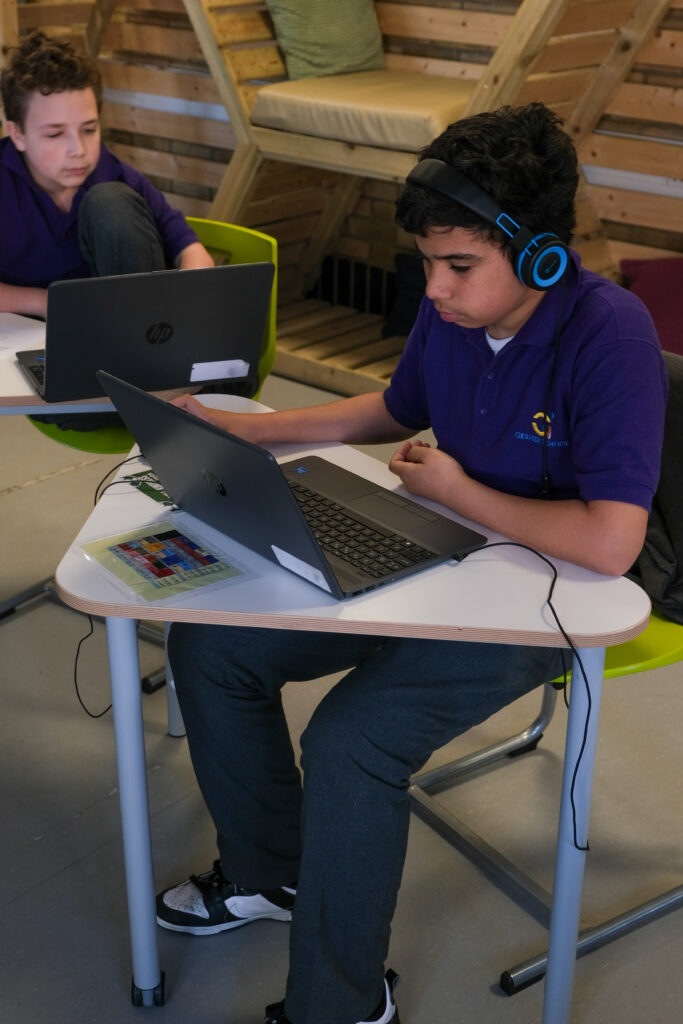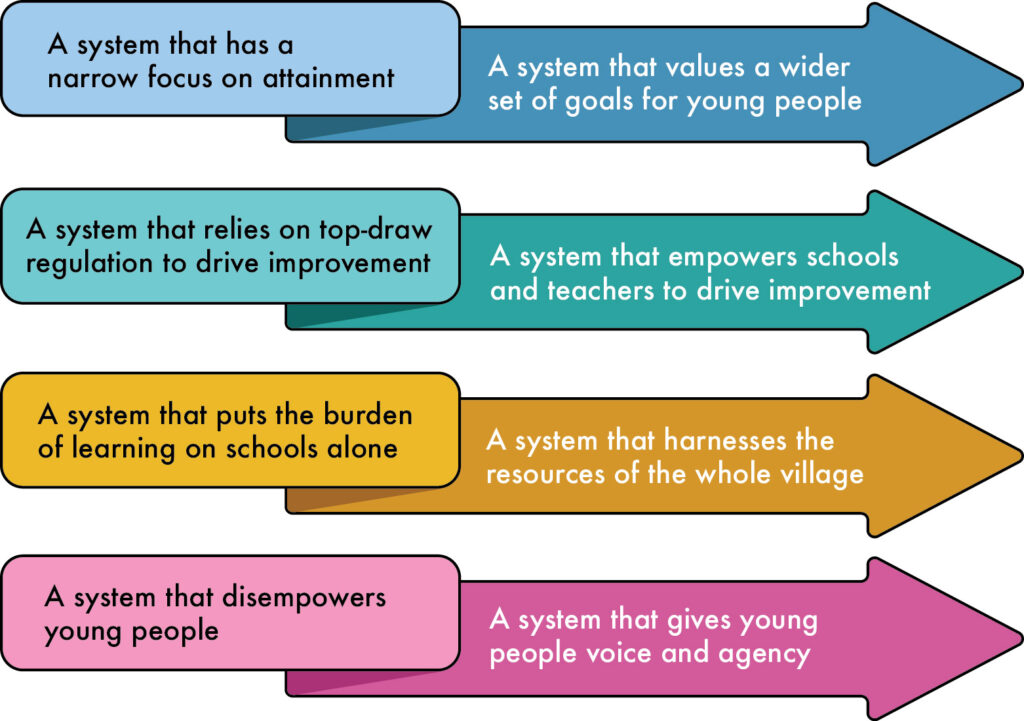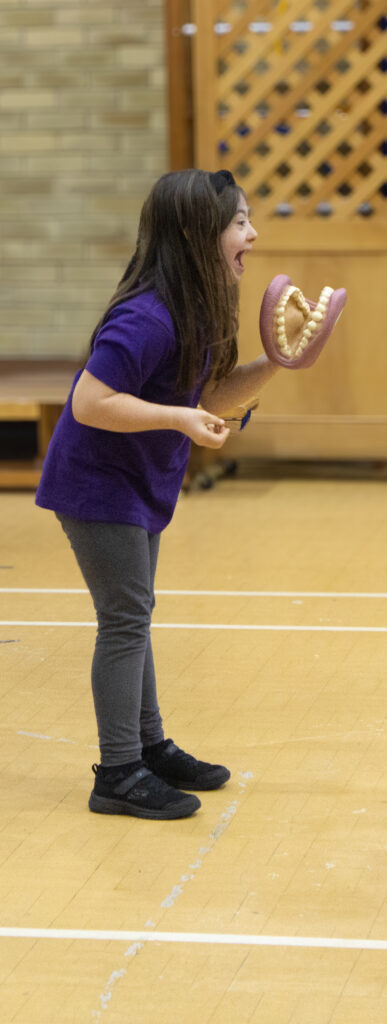David Price OBE: A Legacy for Young Lives
Valerie Hannon

Paying tribute to an inspirational leader.
There are some features of learning that are a part of Gesher School’s DNA.
One is the way in which learning happens and is assessed–in and out of the classroom, within and beyond the school and connected to real-world activities, projects and themes. A second is an emphasis on wellbeing, therapeutic support, independent skills development, and self-advocacy.
Learning at Gesher builds from the strengths and passions of young people, enhances self-esteem and efficacy, equips them to relate well to others and provides the purpose and ambition for fulfilment and success in life.
There are many strands of thinking and practice that have led to this end, but an important one is the work of David Price OBE, who died in May. David was a highly unusual individual, in terms of the breadth of his interest and influence; and the unconventional route he took to achieving them.
David left school early and made a living playing the pubs and clubs of the Northeast where he was born. A natural and gifted musician, he was largely (though not wholly) self-taught. When a contract with a music company got cancelled (by Sharon Osborne!!) he decided to give formal education a go; so he took a degree and began teaching in community arts settings.
David understood deeply the barriers that many people encounter to becoming successful learners, and he set out to overcome them. This began with a seminal innovation programme for the Paul Hamlyn Foundation, Musical Futures, which leveraged the power of making music in groups and of young people’s love of popular music. The pedagogy he developed (driven by interest and passion, pulling on learners’ strengths) led to many young people moving towards formal music training and qualification. But above and beyond this outcome, it resulted in joyful learning and empowerment. Musical Futures lives on, in this country and many parts of the world.
At the Innovation Unit of that period, we were seeking a platform and framework for working with schools on a new model of engaging pedagogy. David helped us morph Musical Futures into Learning Futures which took some of the insights and ideas it had developed (together with those of several other thinkers and practitioners) and applied them to the way we design learning in all classrooms. A major focus was on how to make learning deeply engaging. Hundreds of schools were involved across England, and their work lives on in strands and tributaries that will never be traced.
From these beginnings, substantial work was done on codifying what good project-based learning looked like – David was the author of a series of publications and resources on this entitled REAL projects. He also authored books on related themes: OPEN – How we’ll work, live and learn in the future, and The Power of Us developed his ideas and illustrated how they were working in practice in many different settings. In systems around the world where the conditions were more conducive to a project-based learning approach, David was much in demand. His great sorrow was that it was so tough for teachers to embrace the approach in the English context.
Nevertheless, enterprising teachers, leaders and entrepreneurs saw possibilities – the “gaps in the hedge” as Tim Brighouse used to call them. Thus the School Design Lab was born as a way of translating high-level principles into workable strategies that could be realised in English education. Out of this came the principles set out at the top of this article: the Gesher DNA.
As I reflect on David’s life, I think of the many children and young people, and indeed teachers, who will unknowingly have benefitted from the work that David Price did. It is a joy that schools like Gesher demonstrate that an approach that puts children at the centre – whatever their assumed capabilities and backgrounds – can flourish, and be a bridge to a different future.
Valerie Hannon is a global thought leader, inspiring systems to re-think what ‘success’ will mean in the C 21st, and the implications for education. The co-founder of both Innovation Unit and of the Global Education Leaders Partnership, Valerie is a radical voice for change, whilst grounded in a deep understanding of how education systems currently work.
Formerly a secondary teacher, researcher and Director of Education for Derbyshire County Council; then an adviser in the UK Department for Education (DfE), she now works independently to support change programmes across the world.

 What if…
What if…
 The order in which the four shifts feature is also important. The first shift, from a system narrowly focused on attainment to one that values a wider set of goals, is the ‘crucial cog’; the magic key that will unlock all others.
The order in which the four shifts feature is also important. The first shift, from a system narrowly focused on attainment to one that values a wider set of goals, is the ‘crucial cog’; the magic key that will unlock all others.